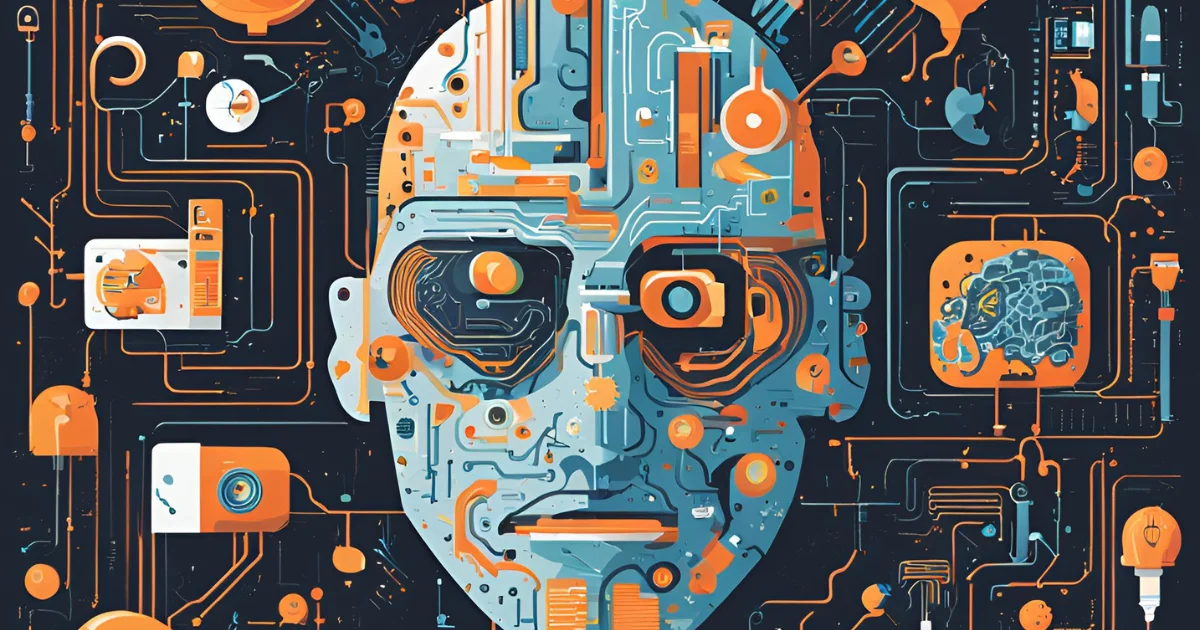The best way to learn Artificial Intelligence from scratch is to start with the basics: mastering Python, learning core concepts like machine learning, and applying your skills through hands-on projects using popular AI tools like TensorFlow or PyTorch.
If you’re excited about building a career in AI or just curious to learn more, this guide will take you step-by-step through the process of mastering AI, starting from zero.
What is Artificial Intelligence?
Artificial Intelligence (AI) is the ability of machines to simulate human intelligence, enabling them to perform tasks like decision-making, speech recognition, and problem-solving.

It encompasses several subfields, including machine learning (where machines learn from data) and deep learning (where neural networks mimic the human brain). You can see AI in action every day through virtual assistants like Siri, autonomous vehicles, and even personalized recommendations on Netflix or Amazon.
The Growing Importance of AI in the Modern World
AI is transforming industries, creating massive opportunities, and shaping the future of technology. Now is the best time to learn AI.
According to LinkedIn, AI and data science roles are among the most in-demand professions today. AI is revolutionizing healthcare, finance, marketing, and nearly every other field.
As more companies look to integrate AI-driven solutions, the demand for skilled professionals is skyrocketing. Whether you’re looking to transition into a high-paying career or just stay ahead of the curve, now is the ideal time to dive into AI.
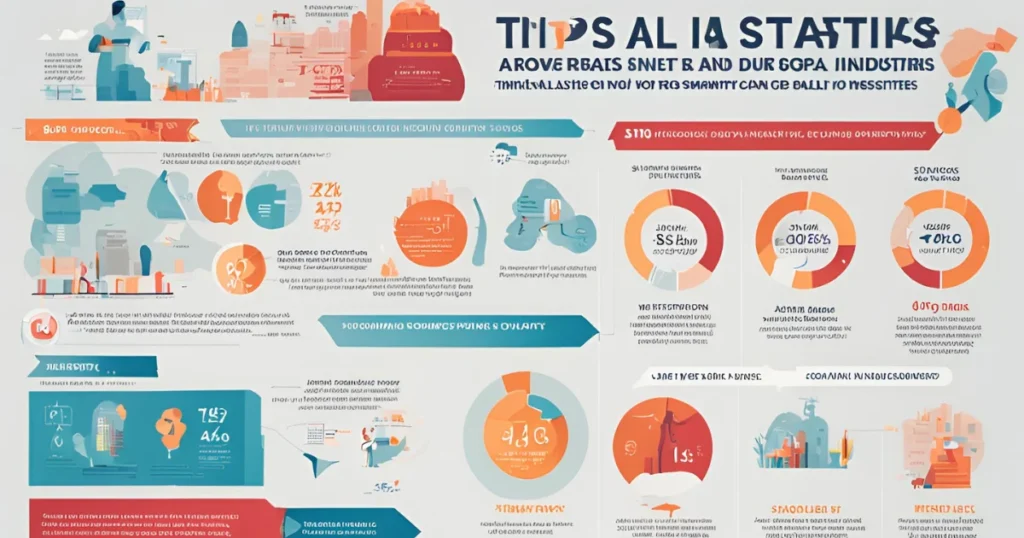
Prerequisites: What Do You Need to Start Learning AI?
To start learning AI, you’ll need a foundation in programming (Python), basic mathematics (algebra, calculus, statistics), and a willingness to explore complex problem-solving.
- Programming: Python is the most recommended language for AI due to its simplicity and wide range of libraries (like TensorFlow and Scikit-learn). If you don’t know Python, you should prioritize learning it first.
- Mathematics: AI algorithms rely on concepts from linear algebra, calculus, and statistics. Don’t worry—you don’t need to be a math genius. Understanding how these math concepts work in practice is more important than theoretical depth.
- Statistics and Probability: Machine learning is about making decisions from data. You’ll need to understand concepts like probability distributions and hypothesis testing to grasp AI models.

Step-by-Step Guide to Learning AI from Scratch
Here’s a structured path to learning AI from scratch: start by learning Python, move into basic machine learning, and then dive into deep learning through hands-on projects.
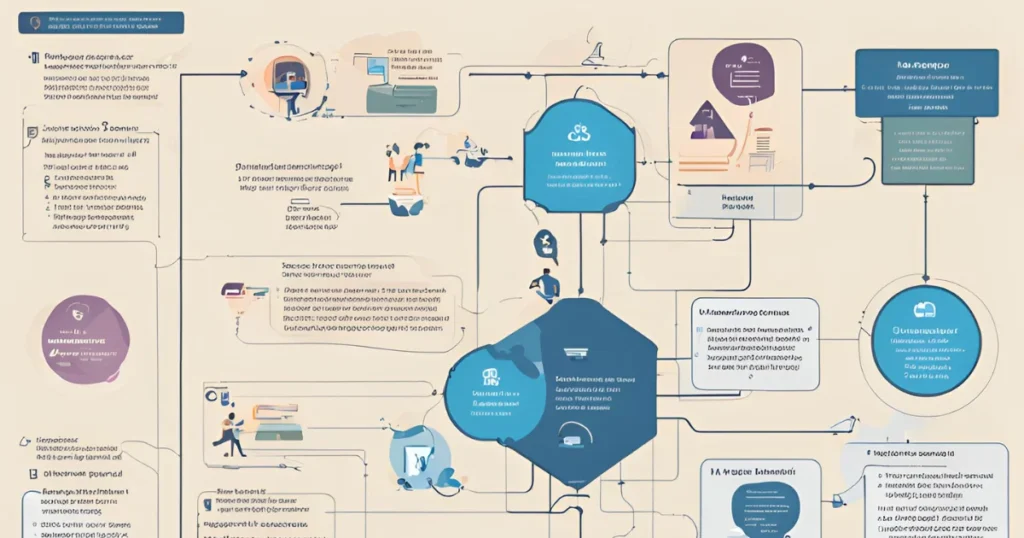
Step 1: Learn Python
Python is your go-to programming language for AI. There are many free resources and beginner-friendly courses to get you started. Focus on learning Python’s syntax, libraries, and data structures.
Step 2: Learn Basic Machine Learning Concepts
Next, understand the foundations of machine learning. Key areas include:
- Supervised learning (training models with labeled data).
- Unsupervised learning (finding patterns in data without labels).
- Reinforcement learning (models that learn from their actions in an environment).
Online platforms like Coursera and edX offer beginner courses from institutions like Stanford or MIT.
Step 3: Dive Into AI Tools and Libraries
Once you’re comfortable with the basics, start working with AI tools:
- Scikit-learn for simple machine learning models.
- TensorFlow or PyTorch for deep learning projects.
Start by building simple models, like a linear regression or a neural network for classifying images.
Step 4: Work on Real-World AI Projects
Learning AI is incomplete without practice. Use datasets from platforms like Kaggle or Google’s AI Hub to build your own AI projects. Some beginner-friendly projects include:
- A chatbot.
- Sentiment analysis on Twitter data.
- Image classification using convolutional neural networks (CNNs).
Step 5: Continuously Learn and Specialize
AI is a rapidly evolving field. Stay up-to-date by reading AI research papers, blogs, or subscribing to AI-focused newsletters like The Batch from DeepLearning.ai.
Best Online Courses and Resources for Learning AI
Some of the best platforms to learn AI include Coursera, edX, Udacity, and Kaggle.
Here are a few standout courses:
- Coursera’s Machine Learning by Andrew Ng (beginner-friendly, focuses on fundamentals).
- Deep Learning Specialization by Andrew Ng (advanced, focuses on neural networks).
- Fast.ai’s Practical Deep Learning for Coders (free and hands-on).
Each of these resources offers a structured approach to learning AI, from beginner to advanced.
Tools and Libraries You Need to Know in AI
To excel in AI, mastering tools like TensorFlow, Keras, PyTorch, and Scikit-learn is essential.
- TensorFlow: A versatile tool for building both machine learning and deep learning models.
- Keras: A high-level API for building neural networks quickly, often running on top of TensorFlow.
- PyTorch: Popular in the academic world for deep learning projects due to its ease of use.
- Scikit-learn: Perfect for basic machine learning models, offering various tools for regression, classification, and clustering.
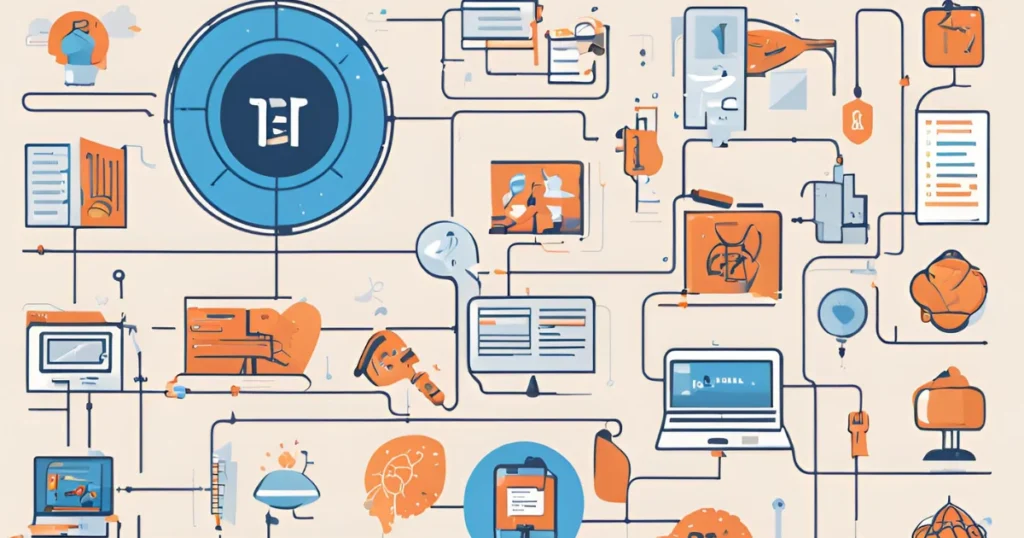
To make the learning process fun, create simple AI projects like image recognition, recommendation systems, or text classification using these tools.
Learning AI Through Real-World Projects
Working on real-world projects is the best way to solidify your AI skills.
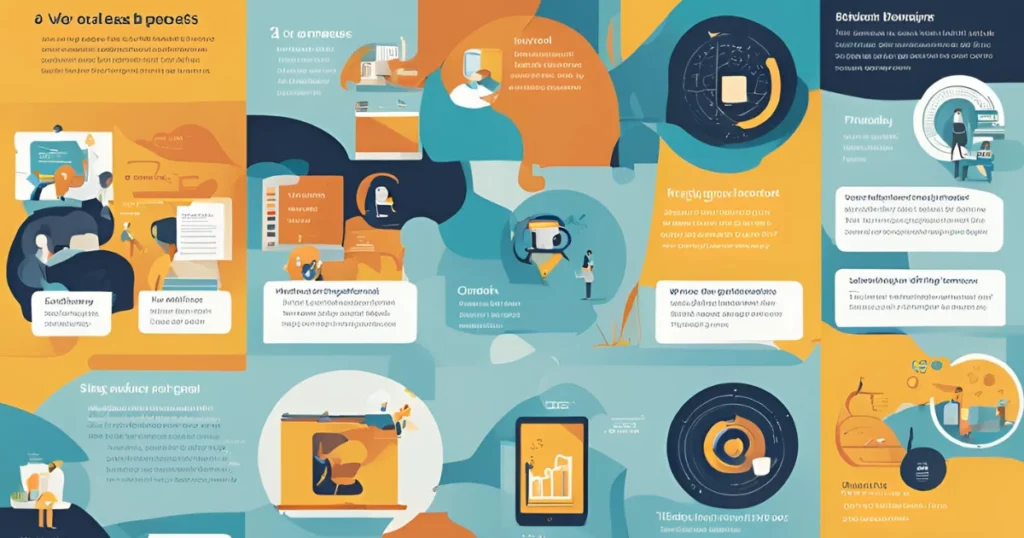
Here are a few projects you can try as a beginner:
- Create a Simple Chatbot: Use natural language processing (NLP) to build a chatbot.
- Image Classification: Use a deep learning model to classify images (for example, distinguishing cats from dogs).
- Sentiment Analysis: Use AI to analyze the sentiment of text (like movie reviews or social media posts).
Projects like these not only help you apply your learning but also build your portfolio for future job opportunities.
How to Stay Updated in the Ever-Changing AI World
To keep up with AI advancements, follow AI blogs, join communities, and participate in competitions like Kaggle.
AI is an evolving field, so staying updated is crucial. Follow influential AI figures on Twitter, read papers on arXiv, or listen to AI podcasts like Lex Fridman’s AI podcast. Join AI communities on GitHub, Reddit, and Kaggle to learn from others and stay ahead of the curve.

Career Paths in AI: What You Can Do with AI Skills
AI skills open up various career paths, including roles like Data Scientist, AI Engineer, Machine Learning Engineer, and NLP Specialist.
AI is one of the highest-paying fields in tech. Common roles include:
- Data Scientist: Focuses on analyzing data and building predictive models.
- AI Engineer: Develops AI models and integrates them into products.
- Machine Learning Engineer: Specializes in building and deploying machine learning models.
To stand out, build a solid portfolio of AI projects and contribute to open-source AI communities.
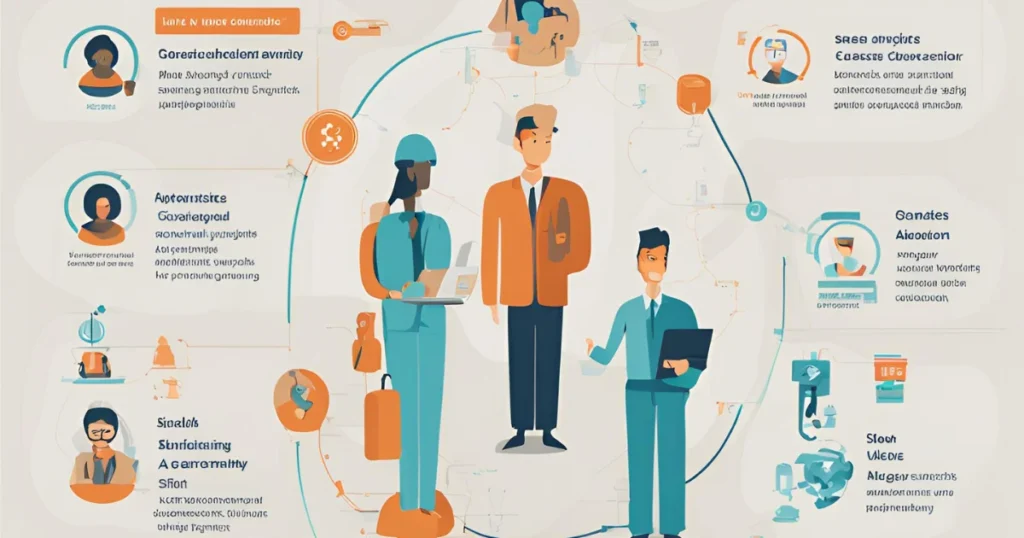
Challenges You Might Face and How to Overcome Them
Some common challenges in learning AI include struggling with math, keeping up with advancements, and finding real-world projects—but these can be overcome with consistent practice and community support.
- Math Overwhelm: Focus on understanding applied mathematics through practical examples, rather than trying to master the theory.
- Fast-Changing Field: Stick to foundational concepts and gradually explore new advancements as your skills improve.
- Finding Projects: Participate in competitions or open-source projects to get real-world experience.
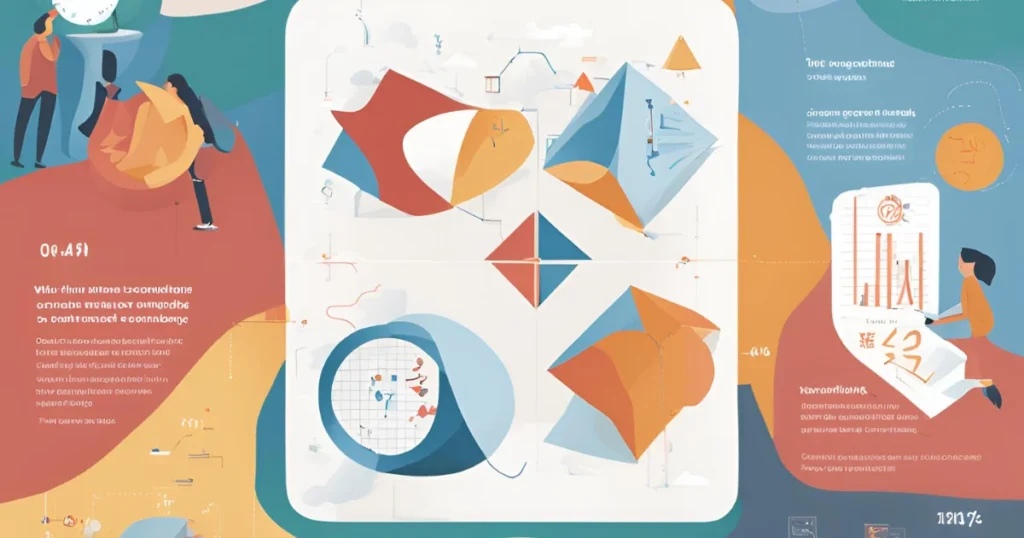
Final Tips for Success in AI
To succeed in AI, practice daily, work on real-world projects, and never stop learning.
AI is a challenging but rewarding field. Stay curious, experiment with new projects, and connect with the AI community. As AI continues to evolve, so will your skills—so keep pushing forward!
Conclusion
Learning AI from scratch may seem intimidating, but by breaking it down into manageable steps and consistently practicing, anyone can master it.
Start today by learning Python, exploring basic machine learning concepts, and applying your knowledge through real-world projects.
The future of AI is bright, and with the right approach, you can be part of this exciting field.

